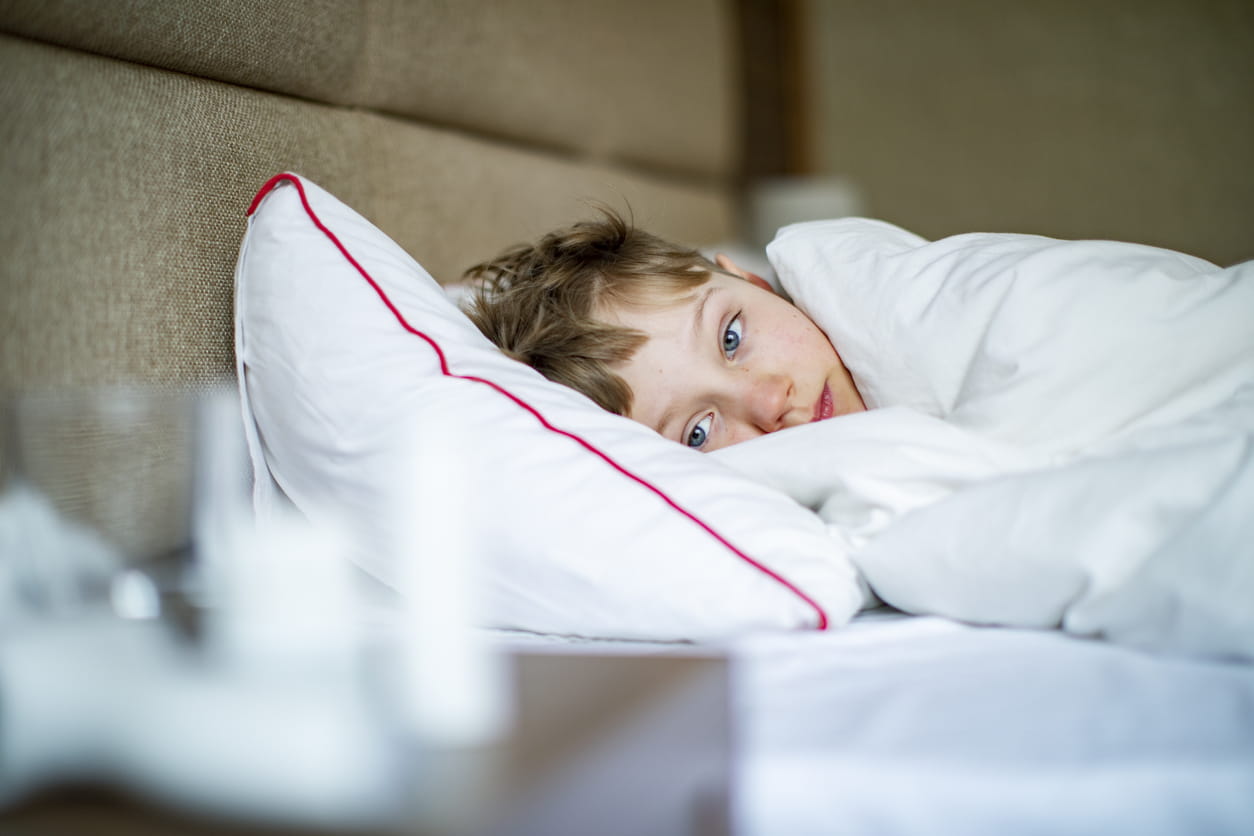Winter illness in kids: Handwashing as your first line of defense

Winter is a beautiful time of year, but it can also be a time when kids get sick more often. As a busy parent, it can be overwhelming to deal with school preparations, lack of time and stress — especially when your kids get sick. But there is a simple and effective way to prevent illness: handwashing.
"Hand washing is one of the most important things you can teach your child to protect them from getting sick, says Hazel Guinto, MD, system chair of pediatrics at Main Line Health, and medical director of pediatric emergency medicine at Bryn Mawr Hospital. "In fact, the Centers for Disease Control and Prevention (CDC) states that handwashing can reduce the risk of respiratory infections by 16-21%."
The importance of handwashing in preventing illness
Handwashing can help protect your child from getting sick and prevent the spread of illness to others. It's a simple act that can make a big difference in keeping your child healthy during the winter months. Encouraging your child to wash their hands frequently, especially before eating or touching their face, can help prevent the spread of germs and viruses.
"Emphasize to your child that washing their hands isn't just about removing visible dirt or grime," says Dr. Guinto. "Rather, it's about removing invisible germs and viruses that can make them sick. By practicing proper handwashing techniques, you’re helping your child develop a healthy habit that will benefit them for the rest of their life."
The role of cold weather in spreading illness
During the winter months, the cold weather can play a role in spreading illness. When it's cold outside, people tend to stay indoors more, which means they are in close proximity to each other. This can lead to the spread of germs and viruses. Additionally, the dry air during the winter months can dry out the mucous membranes in the nose and throat, and can make it easier for viruses to enter the body.
"Cold weather itself doesn't make you sick, but it can weaken your immune system, making it more susceptible to viruses and bacteria," says Dr. Guinto. "This is why it's crucial to practice good hygiene habits, such as frequent handwashing, to help prevent illness during the winter months."
Teaching effective handwashing techniques to kids
Teaching your kids how to wash their hands effectively is crucial to prevent the spread of illness. Here are some tips to make sure they are washing their hands properly:
- Use warm water: Encourage your child to use warm water when washing their hands. This can help remove dirt and germs more effectively.
- Use soap: Make sure your child is using soap when washing their hands. Soap helps remove dirt and germs from the skin.
- Scrub for at least 20 seconds: Encourage your child to scrub their hands for at least 20 seconds. You can make it fun by singing a song or doing a countdown.
- Clean all areas of the hands: Teach your child to clean all areas of their hands, including the palms, back of the hands, in between the fingers, and under the nails.
- Rinse thoroughly: Make sure your child is rinsing their hands thoroughly with water to remove all soap and dirt.
You can also make handwashing a part of their routine, such as washing their hands as soon as they come home from school or playing outside.
Other preventive measures
In addition to handwashing, it's also important to cover your mouth and nose when coughing or sneezing, avoid touching your face and stay home if you or your child are feeling sick. Trying to disinfect commonly touched areas in your home can also help prevent the spread of illness.
Make sure your child gets enough rest and sleep. Adequate rest can help boost their immune system, making them less susceptible to illness.
Also, make sure your child eats a healthy and balanced diet. A diet rich in fruits, vegetables and whole grains can help strengthen their immune system and keep them healthy. Remind your child to drink plenty of water as well, as dehydration can weaken the immune system.
"By taking these preventive measures and teaching your child good habits, you can help keep them healthy and reduce the risk of illness for your family and others," says Dr. Guinto.
Next step:
Meet Hazel Guinto, MD
Learn more about primary care at Main Line Health
How to survive when a stomach bug hits your household
 Content you want, delivered to your inbox
Content you want, delivered to your inbox
Want to get the latest health and wellness articles delivered right to your inbox?
Subscribe to the Well Ahead Newsletter.
